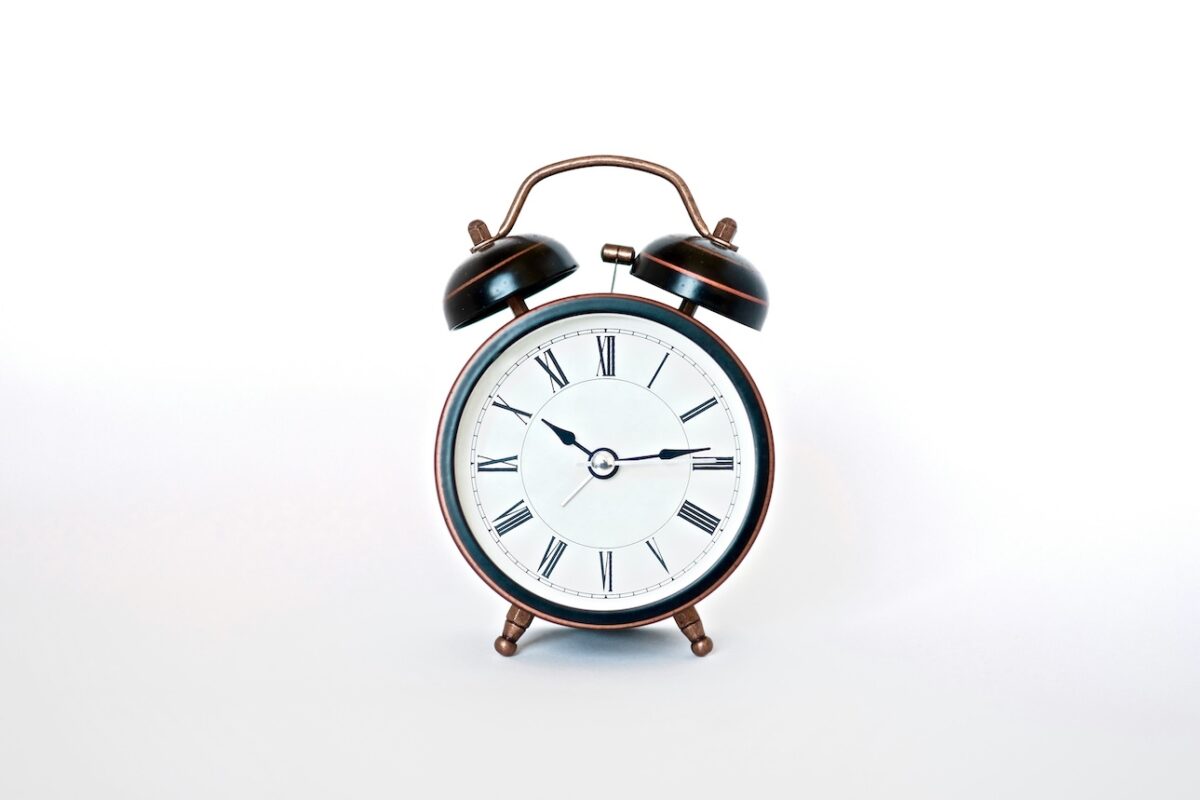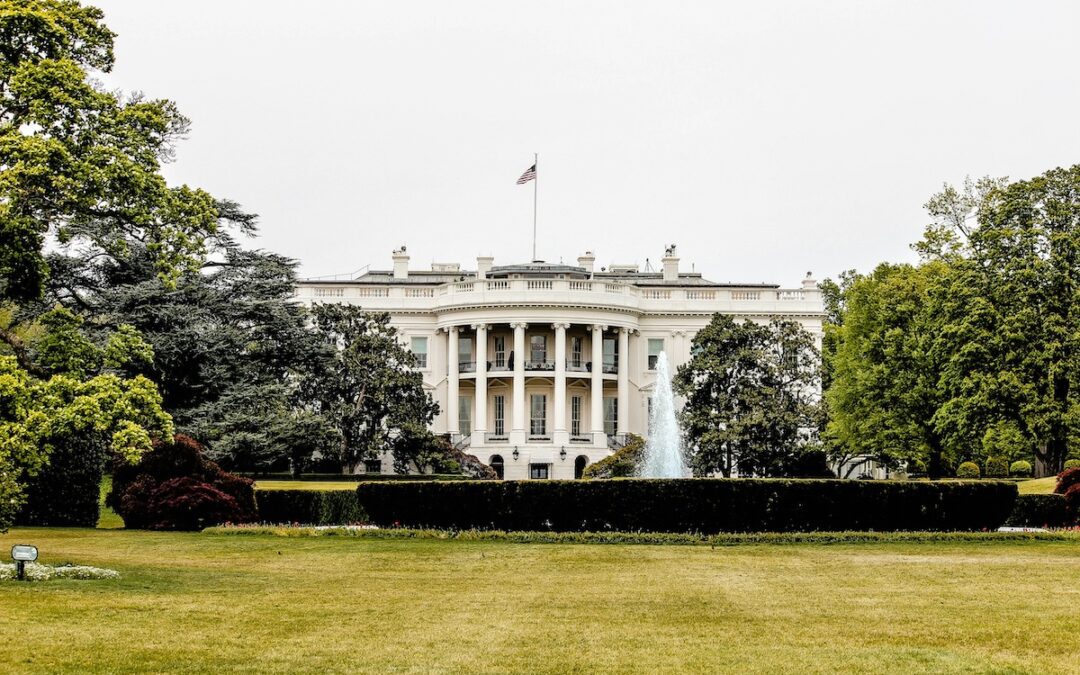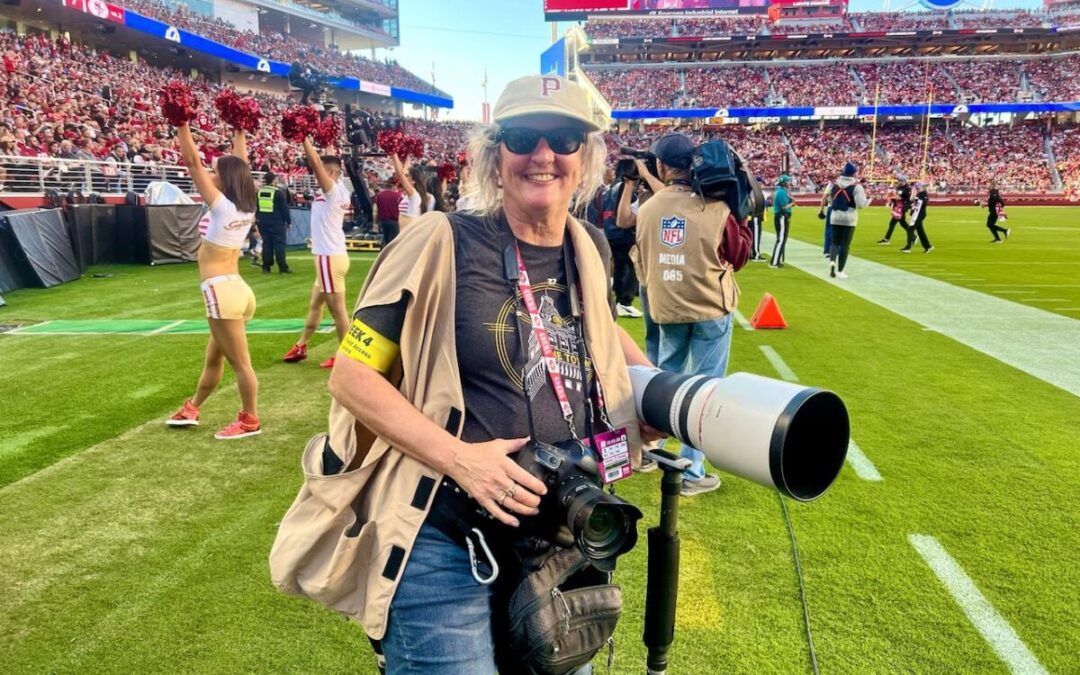
Readers sound off on daylight saving time. Insung Yoon/ Unsplash
Did you know daylight saving time was first widely proposed by George Vernon Hudson in 1895? The goal was to make better use of daylight during the summer months. It was first implemented in Germany and Austria in 1916 during World War I to conserve fuel. Later, other countries, including the US, soon followed. The practice has been adjusted over the years, like during World War II, when the US adopted DST to the extreme with “War Time.”
From 1942 to 1945, clocks stayed an hour ahead year-round to save fuel and boost productivity for the war effort. After the war, most places went back to the old system.
This week we asked readers to share how they feel about daylight saving time. Here’s what they said…
“It takes my body some time to adjust to the changes. My view is; ” Pick one and stick with it!”. I personally would choose the original standard time and forget daylight saving altogether.”— JoAnn Carlson
“Adjusting to the hour change…year in and year out! “— Norma Valley
“No issue for me, but I believe that more daylight hours in the mornings makes it just that much safer for kids who are riding buses.” — John Anew
“Regulating new sleep pattern.” — Sandy Keans
“I live in a household with two dogs, and believe me dogs do not understand the twice-a-year time changes. For the first week or so they wonder what happened to their feeding, walking, sleeping schedules. I’m with them, it’s such a stupid thing for so little benefit. I would like to see the practice stop.” — Rebecca Larson
“There is no value to changing our clocks twice a year. Though none of my specific reasons are crisis inducing, they remain an irritant, to wit: 1). Seasonal Affective Disorder (SAD) is real. When it is dark before the end of the work day, it is depressing to know that nothing meaningful can be done outside after 4:30 p.m. 2) Animals/pets don’t care about human clocks. Their routines are tied to daylight, so when it becomes light at 6 a.m. and/or dark at 4:30 p.m., they expect to be fed or walked, regardless of the clock. 3). I am especially annoyed by driving home from work in the dark. It feels like the work day has been longer than 8-9 hours.” — Joe Vogelsang
“Worst is waking up at 6 when my alarm is set to 7. My body clock hasn’t reset yet.” — John Salonich
Support Our Cause
Thank you for taking the time to read our work. Before you go, we hope you'll consider supporting our values-driven journalism, which has always strived to make clear what's really at stake for New Hampshirites and our future.
Since day one, our goal here at Granite Post has always been to empower people across the state with fact-based news and information. We believe that when people are armed with knowledge about what's happening in their local, state, and federal governments—including who is working on their behalf and who is actively trying to block efforts aimed at improving the daily lives of Granite State families—they will be inspired to become civically engaged.


We asked, you answered: How do you feel about the government shutdown?
A version of this story appeared in the Granite Post's newsletter. Subscribe here to join the conversation and we might publish your response. The...

Portsmouth photo legend’s work lives on at Athenaeum
Photojournalist Jane Tyska has traveled to 85 countries in her decades-long career, but her heart — and many of her images — have never left the...

2 New Hampshire billionaires make Forbes’ list of richest people in America
Two New Hampshire billionaires made the Forbes 400—the business magazine's ranking of the richest people in the United States. A data-mining wizard...

We asked, you answered: Should the state ditch Education Freedom Accounts?
A version of this story appeared in the Granite Post's newsletter. Subscribe here to be part of the conversation. New Hampshire's public schools are...

We asked, you answered: Do you believe the Exeter UFO story?
A version of this story appeared in the Granite Post's newsletter. Subscribe here. The UFO incident is said to have happened in September 1965,...

How a New Hampshire mom built a booming baking business on social media
A version of this story appeared in the Granite Post's newsletter. Subscribe here. When Leah Boudreault first picked up a piping bag more than a...





